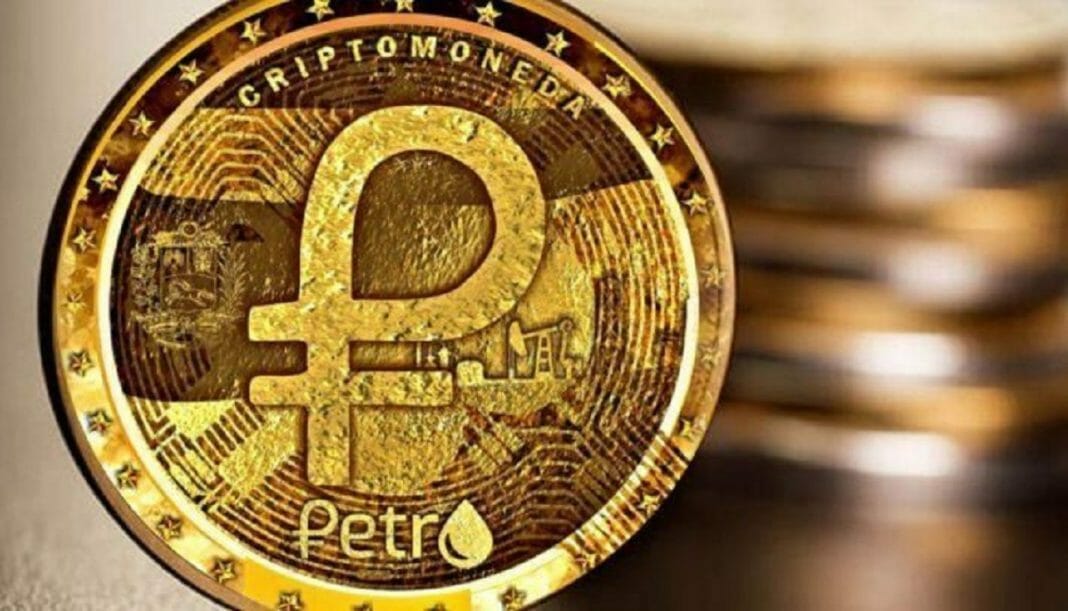Daniel Jiménez, an expert in Bitcoin and Blockchain technology, explains the effect of cryptocurrency and Blockchain technology on Venezuelan depressed economy
Desperate times require desperate measures, and the creation of Venezuelan cryptocurrency, which is supported by oil, undoubtedly is the result of desperation. Beyond the credibility that this currency might or might not generate, due to its bad management, its success will be hindered by the issue of the million-percent inflation issue.
Hyperinflation is disastrous for the economy of any country. Two examples are last millennium’s Zimbabwe and the fall of Weimar’s Germany in 1920 by the hands of the Nazis, where the governments spent money that they did not have and the population had cash that they could not use.
What is currently happening in Venezuela is not only an economic collapse; it is also a social collapse. The shortage of food and medicine has plagued the country as it enters its ninth year of hyperinflation.
Last year the International Monetary Fund (IMF) estimated that Venezuelan inflation rate would reach 1,000,000% by the end of 2019. The President chose Blockchain technology as an emergency solution to reactivate the economy of the country.
The Petro
Venezuelan new digital currency, the Petro, was announced in 2017 as an attempt to complement the Venezuelan fiduciary currency and overcome sanctions from the United States.
According to Aljazeera, Venezuela has assigned 5,000 million barrels of oil to support the Petro, which is linked to the price of a barrel of Venezuelan oil. Therefore, the Petro acts more as a security token than as a useful cryptocurrency. Moreover, Petros are mined to allow the government to produce and control the supply.
However, the success of this digital currency is uncertain, since its display until now has shown limitations. Some reports suggest that this cryptocurrency and the oil reserves that support it may not exist.
A document on the Petro, which was published by the Venezuelan government, shows a surprising similarity between this cryptocurrency and DASH. Also, according to a report by CoinTelegraph published a couple of months ago, the currency still has not been listed by any exchange and it is undergoing difficulties to be accepted by Venezuelan allies.
Cryptocurrencies in Emergency Economies
Maybe what is more important than Blockchain creation is technology adoption. The fall into the fiat has provoked flourishing in the cryptocurrency world for Venezuelans.
In fact, Bitcoin reached All Time High (ATH) trading volumes during the first quarter of 2019, and saw the government announce new tariffs in an effort to regulate the remittances of cryptocurrecies. Besides, DASH considers that Venezuela is the second largest market of payments with customers, among which are also included brands like Subway and Calvin Klein.
As it is an unexplored economic terrain, the role that the cryptocurrency plays in Venezuelan emergency economy is not clear. Time will tell if Blockchain technology can save this economy, which has been tormented by a bad financial management. Probably, the Petro will become the greatest example of the impact of Blockchain on the entire country.
The cultural impact of turning to Blockchain may last longer than the economic one. In the middle of this crisis, Venezuelans have resorted to cryptocurrency and Blockchain technology for its usefulness.
It will be interesting to see how this technology evolves once the country’s fortune changes. However, the creation of the Petro is a fascinating experiment that will, undoubtedly, provide a future case study for other nations that are undergoing hyperinflation.
By Willmen Blanco











